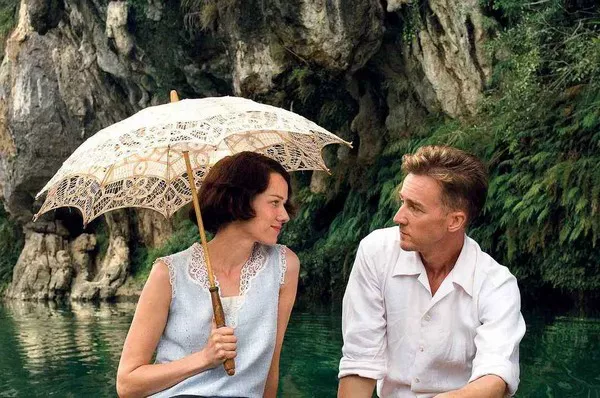The journey of falling in love is a complex and captivating one, marked by a myriad of emotions, experiences, and moments. However, the question of how long it takes to fall in love is a topic that has intrigued individuals for generations. While love is a deeply personal and subjective experience, researchers and experts in the field of psychology have attempted to unravel the timeline of this enchanting phenomenon.
The Role of Chemistry and Connection
Chemistry and connection play a pivotal role in the process of falling in love. When two individuals share a strong sense of connection, whether it’s intellectual, emotional, or physical, it can accelerate the pace at which they develop feelings of love. For some, this connection may be instantaneous, sparked by shared interests, values, or a deep understanding of each other’s perspectives.
Cultural and Societal Influences
Cultural and societal factors also contribute to the timeline of falling in love. Different cultures have varying norms and expectations regarding the pace of romantic relationships. In some cultures, arranged marriages are common, while in others, individuals may have more freedom to choose their partners based on personal preferences. These cultural differences can impact the timeline of falling in love, as societal norms may influence how quickly people feel comfortable expressing their emotions.
Personal Readiness and Emotional Vulnerability
Personal readiness and emotional vulnerability are crucial components in the journey of falling in love. People who have experienced emotional healing and growth may find themselves more open to forming deep emotional connections, potentially leading to a faster experience of falling in love. On the other hand, individuals who have been hurt or are dealing with emotional baggage may take longer to develop feelings of love, as they may approach new relationships with caution.
Attachment Styles and Past Experiences
Attachment styles, shaped by early experiences and relationships, also play a significant role in the timeline of falling in love. Those with a secure attachment style, characterized by trust and comfort in close relationships, may find it easier to develop feelings of love quickly. In contrast, individuals with an anxious or avoidant attachment style may take longer to develop those feelings due to their fears and insecurities about intimacy.
The Infatuation Stage
The initial stages of a romantic relationship are often marked by intense infatuation, where everything about the other person seems perfect and captivating. During this stage, individuals may experience a rush of emotions and sensations that can create the illusion of falling in love quickly. However, this infatuation may not necessarily be the same as deep, lasting love, as it is often driven by hormones and novelty.
The Concept of Love at First Sight
The concept of love at first sight is a romantic notion that suggests two people can experience deep feelings of love immediately upon meeting each other. While love at first sight has been a popular theme in literature and movies, it is important to differentiate between love and attraction. What people often mistake for love at first sight might be an intense attraction or an instant connection that can potentially lead to love over time.
The Variable Timelines of Love
It’s important to recognize that the timeline of falling in love is highly individual and can vary widely from person to person. Some individuals might experience a rapid onset of strong feelings, while others might take months to develop a deep emotional connection. The pace of falling in love is influenced by a combination of factors, including personality traits, emotional history, life experiences, and personal circumstances.
Conclusion
The timeline of falling in love is a unique and complex phenomenon that cannot be generalized or quantified with precision. While some individuals may experience love at first sight or fall deeply in love quickly, others might take their time to develop feelings of love due to personal, cultural, and emotional factors. Regardless of the speed at which love blossoms, the depth and authenticity of those feelings are what truly matter in the journey of building meaningful and lasting relationships.
Related topics:





























